Kayseri, one of the world's oldest cities, has become one of our country's educational, commercial, and tourist attractions with its cultural heritage, museums, national parks, sports centers, historic bazaars, and modern shopping centers. With a population of over one million, it is Turkey's 7th largest city and the 2nd largest city and industrial center in Central Anatolia after Ankara.
Kayseri is not only an easily livable and economical city but also a city with all social and cultural amenities. Kayseri Airport is located just 10 minutes from AGÜ Sümer Campus.
Kayseri Cuisine
Kayseri cuisine is famous for its mantı (Turkish ravioli), pastırma (cured beef), sucuk (spicy sausage), and yağlama (a type of local flatbread).
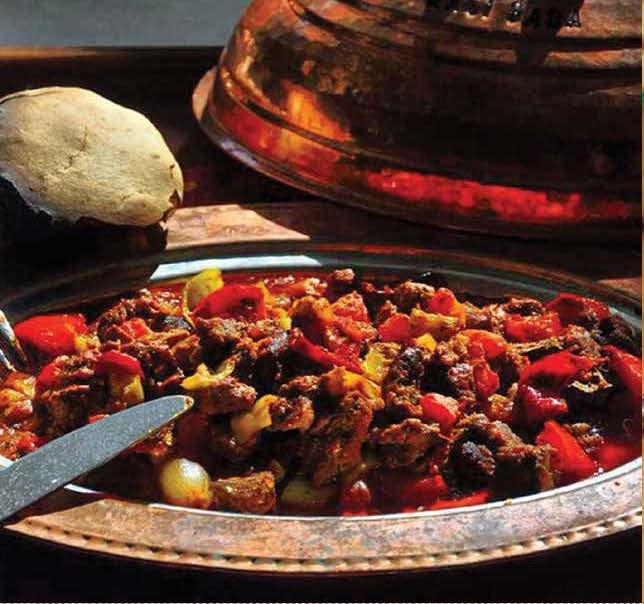
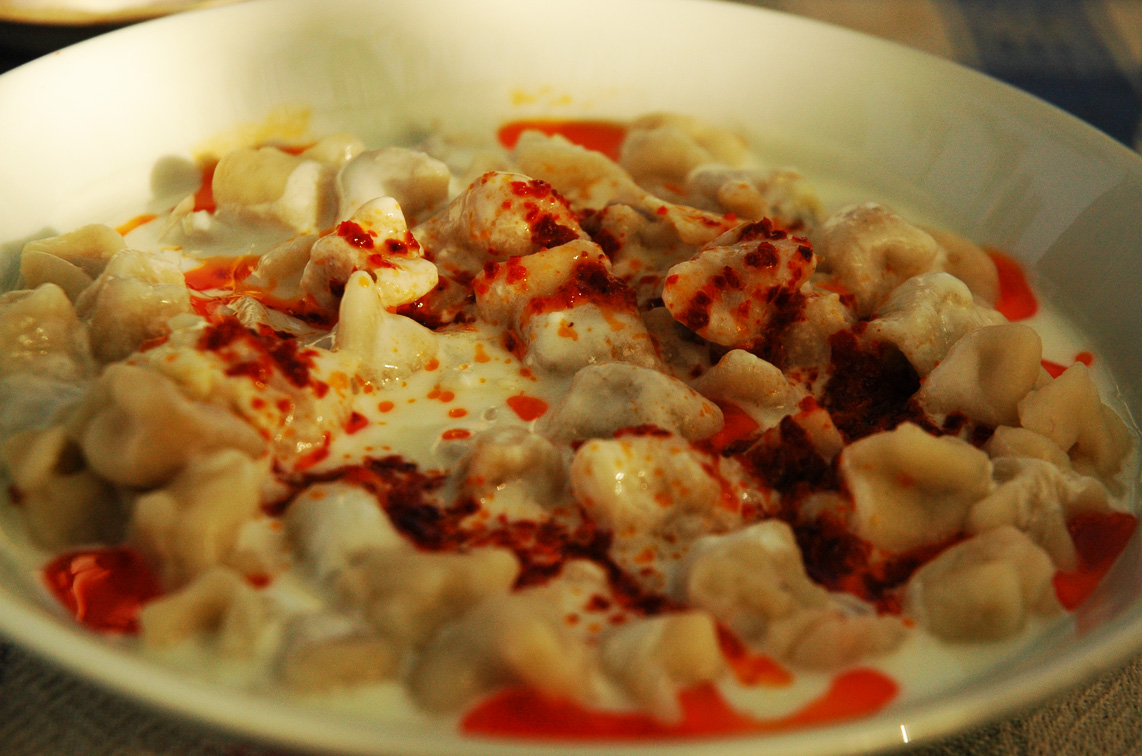

Places to Visit in Kayseri
-
Historical Sites: Kayseri Castle, Covered Bazaar, Hunat Hatun Mosque, Gülük Mosque, Grand Mosque, Kurşunlu Mosque, Alaca Kümbet and Döner Kümbet, Surp Krikor Church
-
Museums: Archaeology Museum, Atatürk House, Mimar Sinan Museum, City Museum, Presidential Abdullah Gül Museum and Library
-
Mazakaland Entertainment Center-Water Park-Zoo
-
Shopping Centers: Forum Kayseri, Kayseri Park, Ipeksaray, Meysu Outlet
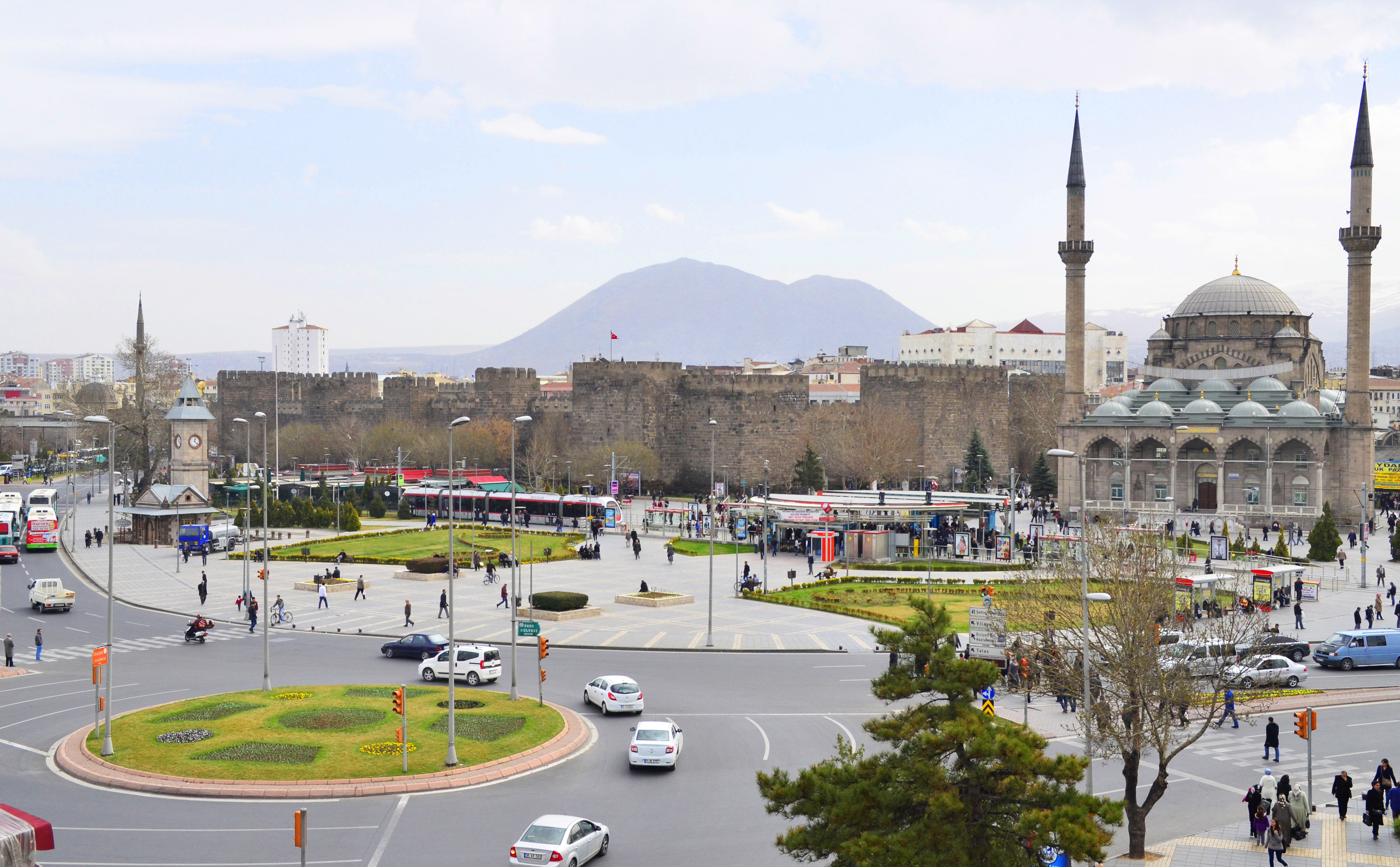
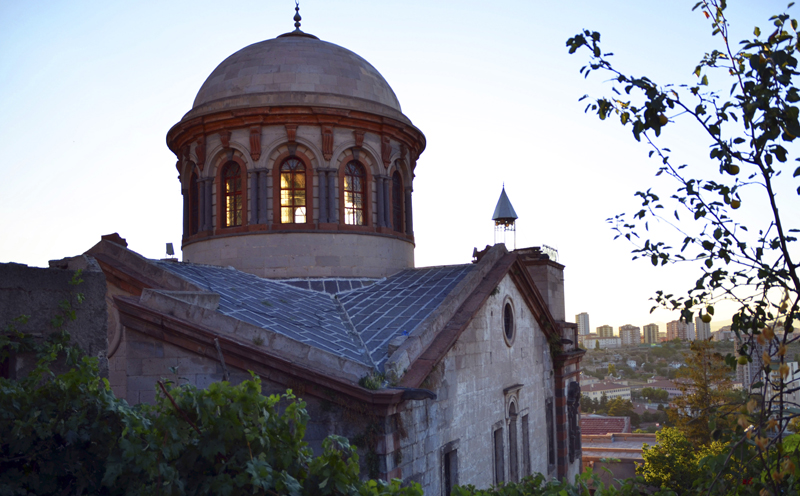
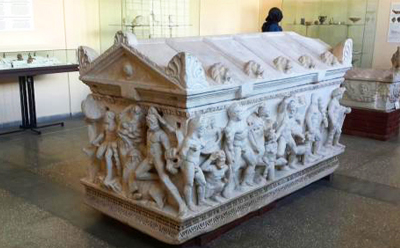
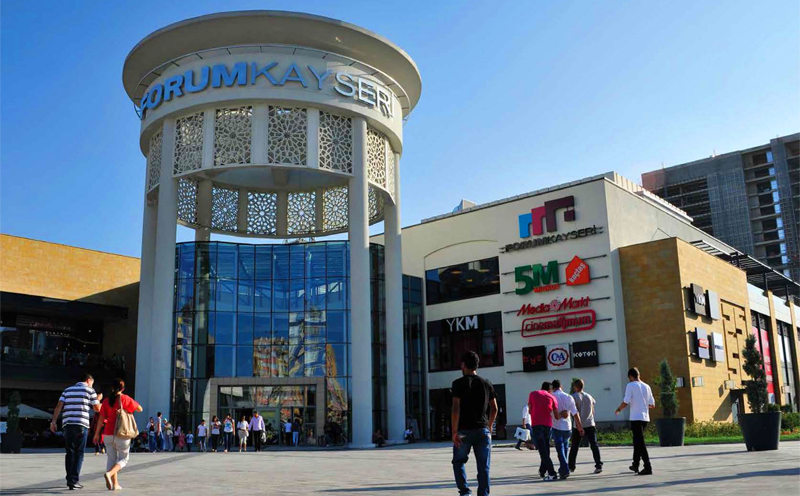
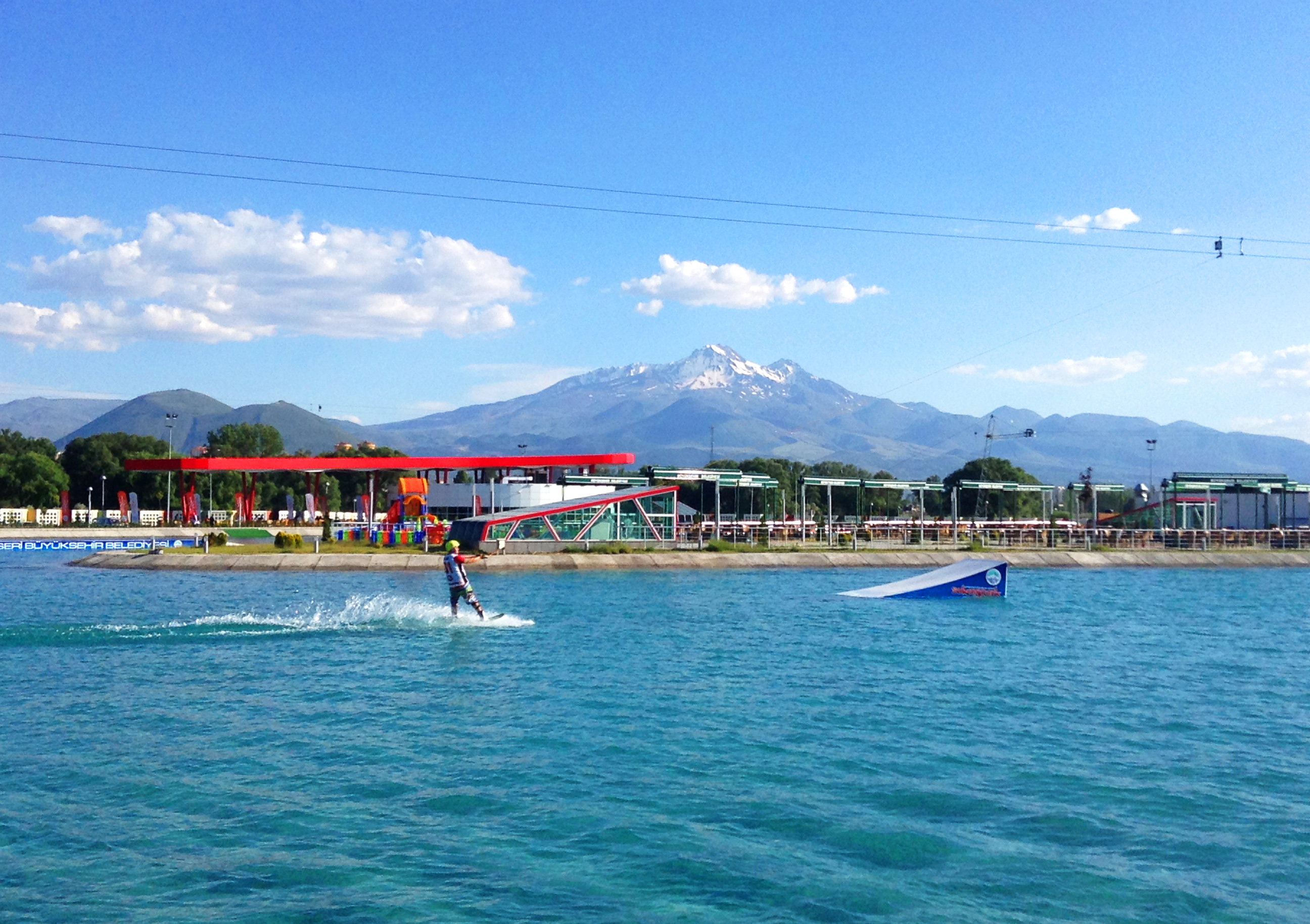
Mount Erciyes
Erciyes is the highest mountain in Central Anatolia, standing at 3,917 meters tall. It is one of Turkey's most important ski centers. For detailed information, visit: http://kayserierciyes.com.tr

Cappadocia
Cappadocia, one of Turkey's most important tourism centers and a UNESCO World Cultural Heritage site, is located 60 km from Kayseri city center. In addition to visiting cultural and natural beauties such as fairy chimneys, rock-carved settlements, and cave churches, activities like Horseback Riding, Cycling, Balloon Rides, and Jeep Safaris can be enjoyed in the region.
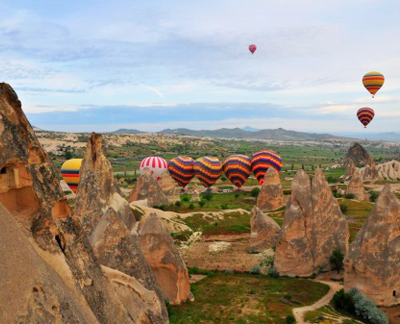
Other Places to Visit
-
Aladağlar National Park
-
Sultan Marshlands
-
Kültepe Kaniş-Karum
-
Karatay Caravanserai
-
Talas and Underground City
-
Ali Mountain
-
Ağırnas
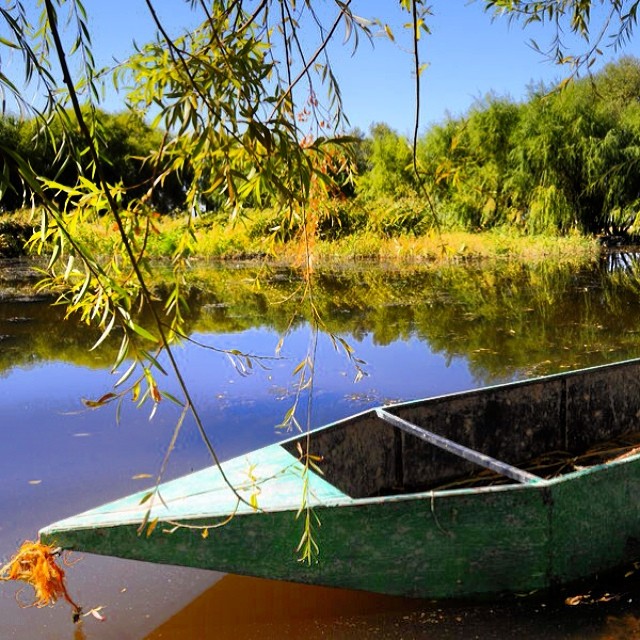
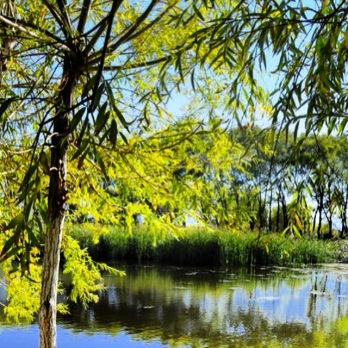
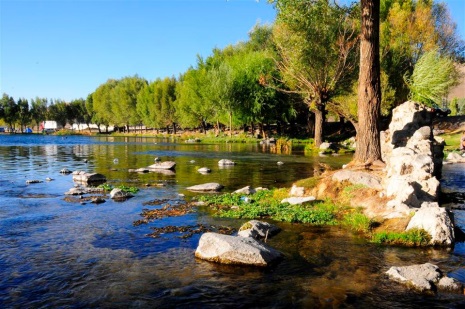
History of Kayseri
Kayseri is located between the Kızılırmak River and Mount Erciyes. It is situated at the crossroads of important tourist regions such as Cappadocia and Mount Erciyes. The city was established in the heart of the Hittite Empire around 3000 BC and was successfully governed by the Persians, Arabs, Seljuk Turks, Mongols, and Ottomans. As a result, the city's name was changed multiple times, successively known as Mazaka, Agaeus'ta Eusebia, Caesarea in Cappadocia, Kaisariyan, and finally Kayseri. Historically an important trade center on the Silk Road, it remains famous today for its silk carpets and kilims.
